Q&A with the ANZIAM 2015 Female Plenary Speakers
Anne Juel
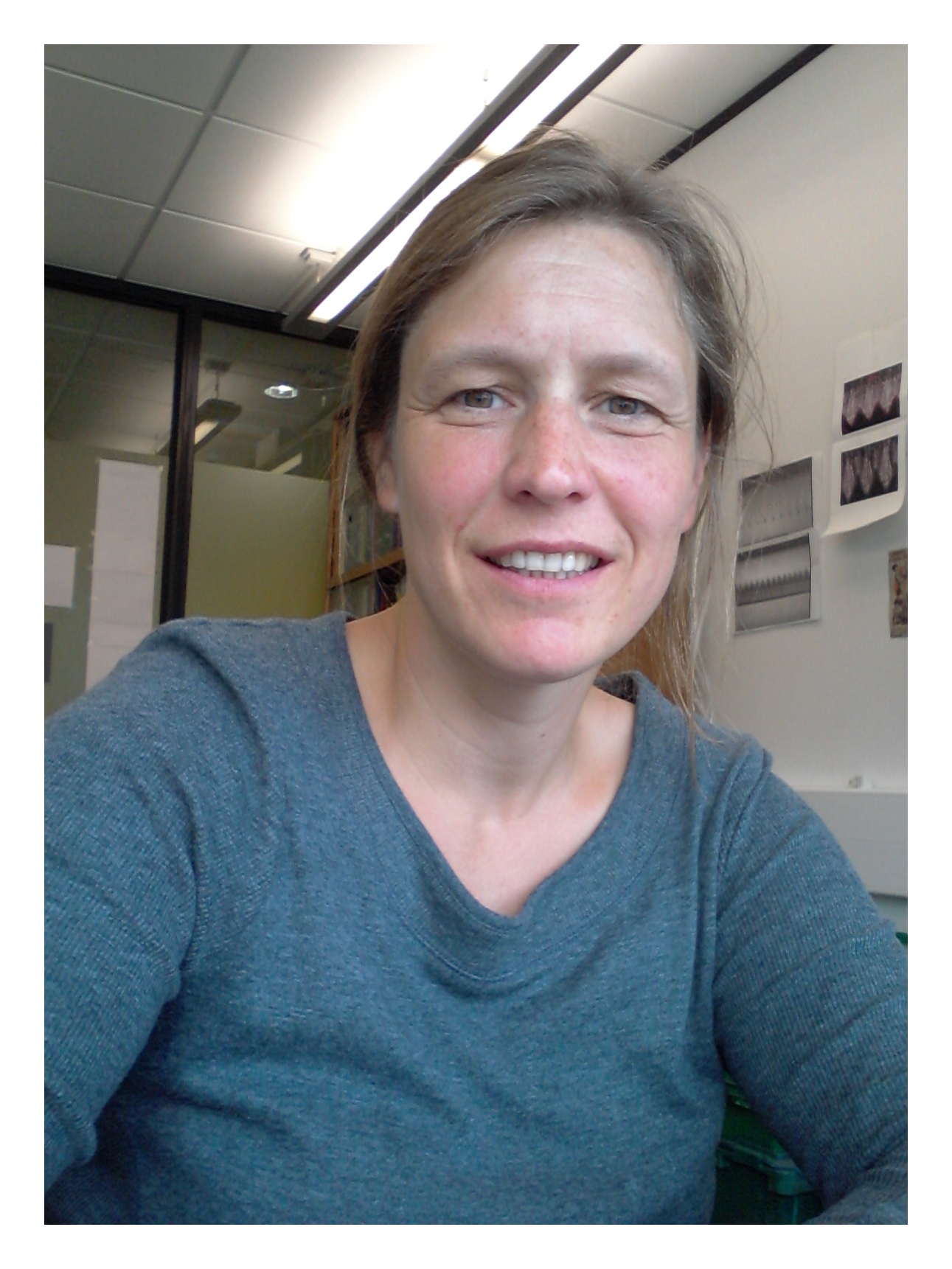 What is your name and what do you do?
What is your name and what do you do?
My name is Anne Juel and I am Professor of Experimental Mechanics at the University of Manchester in the UK. My research allies quantitative experimental studies with theoretical and numerical modelling of aspects of complexity, with a particular focus on instabilities in fluids and soft materials. I particularly enjoy the cross-disciplinary aspects of my research, which enable deep scientific insights, as well as the team work that accompanies these activities.
Why do you do mathematics?
Mathematical modelling holds the key to understanding many complex phenomena, from curiosity-driven questions sampled from everyday life to industrially and technologically relevant applications. Laboratory-based research into complex systems is a creative activity, which often reveals unexpected phenomena, whose understanding and interpretation in turn requires mathematical modelling. I particularly the intellectual stimulation and challenges that arises through collaborative work.
What is a typical work day like for you?
My working days are becoming ever busier. I relish the varied nature of the job and the fact that I am free to manage my own time. I like it to running a business, without the potential precarity of self-employment. Typical activities involve undergraduate teaching, meeting research students, responding to enquiries, writing papers, developing industrial contacts, travelling, applying for funding, performing external services such as reviewing, as well as leadership and administration. However, I would love to return to a position where I have time to get my hands dirty in the lab again ...
What keeps you in research? Have you had to overcome any barriers or problems?
I enjoy the creativity and intellectual stimulation of research. However, I have found that the workload involved can make it a challenge to combine meaningful research with the family responsibilities associated with three young children.
Do you have any advice for others who are starting a mathematical career?
Believe in yourself! Lack of confidence stifles creativity and overall performance, and it appears to afflict many young women in science.
Leah Keshet
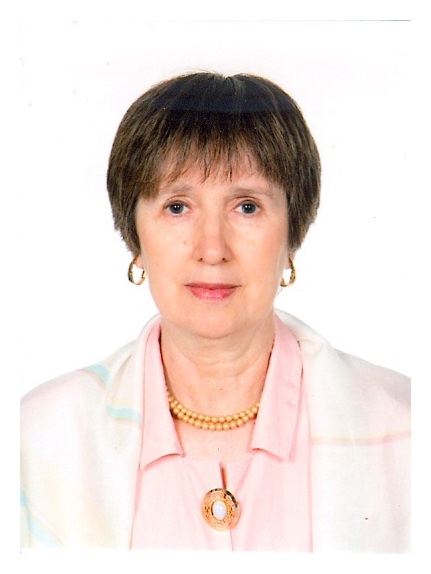 What is your name and what do you do?
What is your name and what do you do?
My name is Leah Keshet, and I usually keep my maiden name as I was single when I started my career (Leah Edelstein-Keshet). I am an applied mathematician working on mathematical biology, and have been a faculty member at the University of British Columbia for 25 years now.
Why do you do mathematics?
I find it interesting and enjoy many parts of this career, except grading exams!
Was there someone in particular who motivated you to do mathematics?
My father was a pure mathematician and very influential in my decision to go into mathematics.
What is a typical work day like for you?
During the teaching term, I get up early (6AM) to get to the university by 8AM (public transport), teach 9-10AM and hold office hours (11-12AM). I take care of various administrative tasks (including email), meet with grad students, and work on teaching materials. Later in the day, as time permits, I may work on research or more long-term projects. I do my best research and write papers during terms when I am not teaching, as I need plenty of time and space to focus on that. I communicate with collaborators by email, Skype, and/or in-person meetings. I really enjoy working with others, and I currently have a close collaborator in Melbourne!
During the early career phases, much more of my day was devoted to the family and children.
What keeps you in research? Have you had to overcome any barrier or problems?
I've been lucky to have excellent students and post-docs who have done such great work, that it is hard to stop!
How important is travelling?
I try to minimise travel, so I have one large annual trip, such as this one (ANZIAM 2015), with many stops along the way (Melbourne, Brisbane, Adelaide, etc.).
Do you have any advice for others who are starting a mathematical career?
The best advice: find very good collaborators to accelerate your work, in particular, people who have complementary skills. Don't try to do everything on your own.
What advice would you give a younger version of yourself?
Spend more time on physical activity and fun. I do this now, but did not have time for it earlier!
Kerry Landman (ANZIAM Medallist)
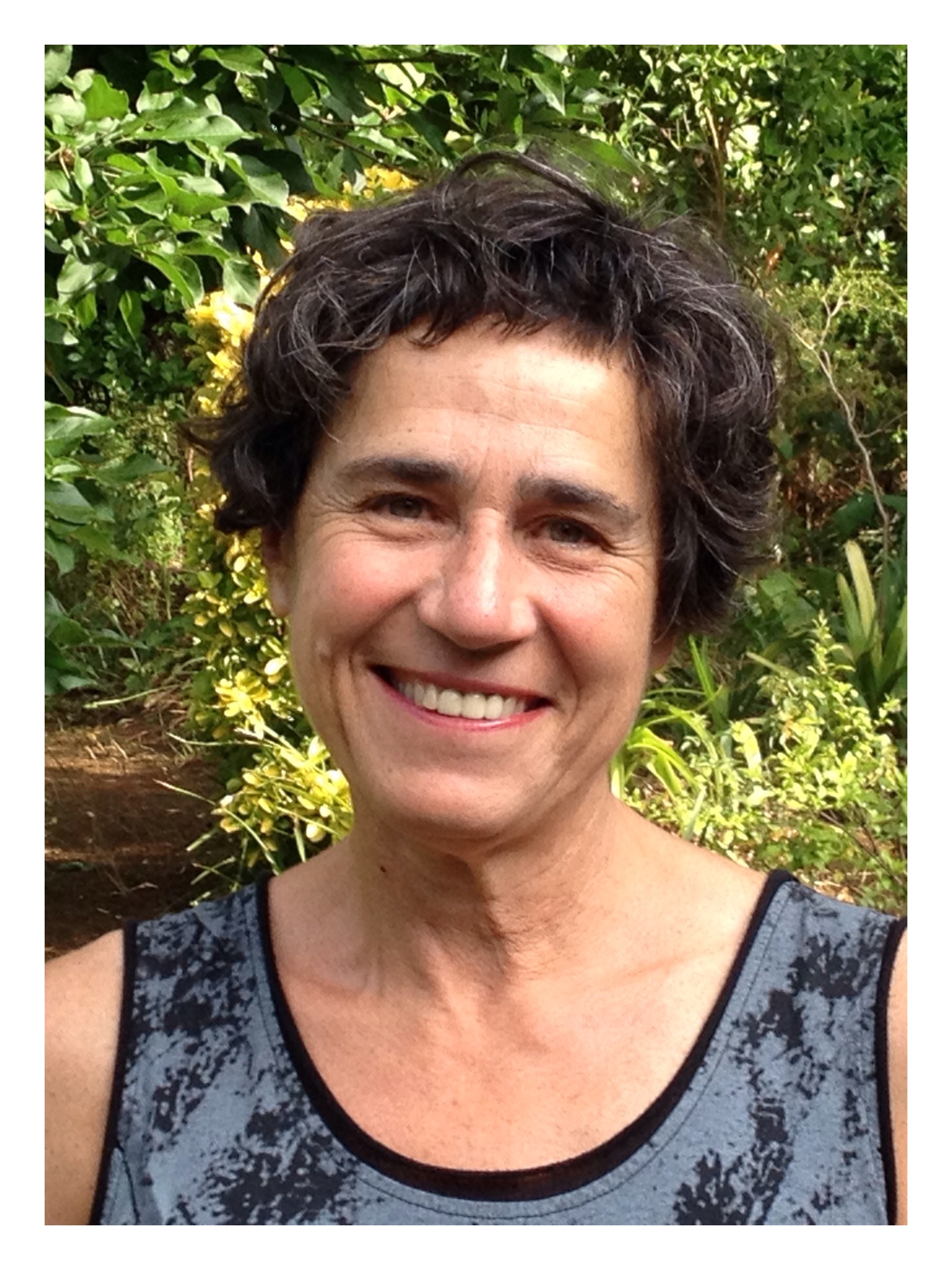 What is your name and what do you do?
What is your name and what do you do?
My name is Kerry Landman, and I am a Professor in the Department of Mathematics and Statistics at the University of Melbourne. I am an applied mathematician and my research interests are in mathematical modelling. I love collaborating with people in different disciplines. I have worked with engineers, biologists, medical researchers, environmental scientists, as well as people from industry who know no mathematics. I also teach – I have taught subjects from first year calculus to masters level subjects on mathematical biology. I like to draw on my modelling experience when teaching, and that was easy to do when I taught differential equations subjects over many years. I have contributed to many committees from undergraduate studies to research studies, and also to the wider University and applied mathematics community.
Why do you do mathematics?
I have loved doing mathematics from around grade 6. I remember one inspirational teacher in year 10, who also emphasised the importance of writing mathematics well. I just loved solving problems and getting the right answers! But now I love the challenge and interaction with people in other disciplines, learning about a new area, building mathematical models, obtaining results and then communicating the mathematical ideas and results to people who do not know mathematics. I like the fact that mathematics reveals and connects what is common to different problems. This means I have had a lot of fun working with people in different disciplines, like engineering, environmental sciences, biology and medicine.
What is a typical workday like for you?
My typical day as changed dramatically over the various stages of my career. Earlier in my career, I of course did all the technical work and programming myself (Fortran in those days!). Now life is very different because my students do most of this work. Over the last few years, I spent much of my time managing a large group of connected projects and a research team of students and postdocs. This involves generating and developing new ideas and directions and coordinating all activities of the group, as well as fostering, maintaining and managing the interactions with experimental groups. I spend a significant amount of time editing and writing journal papers, as well as preparing talks. I have always enjoyed teaching (but not the accompanying setting and grading of assessment), and learnt to find a better balance in time management between the teaching and research as I gained more experience.
From 1993-1997, I was the Director of the Mathematics-in-Industry Study Group (MISG). About half my time was spent marketing and communicating the power and versatility of mathematics to business and industry and the wider community. Each year I arranged problem-solving workshops where students were invited to join with mathematicians and business representatives in brainstorming industrial projects. This was very different from the usual role of a teaching and research academic. It was a bit scary at first, but once I got the hang of it, I found it very rewarding and fun too.
And of course there are emails, journal refereeing, editorial duties, etc.
What keeps you in research? Have you had to overcome any barriers or problems?
It is a privilege to be able to do research, as you are very free to choose problems you wish to work on.
For a short time period, I was working in a research only position. I missed teaching and decided to apply for a research and teaching role. I think what I missed was having a balance of quite different activities. However, with any position there are many competing demands, and time management is very important. I find that being organised and planning ahead are very important and helps me put responsibilities and stress into perspective.
Research also involves student supervision. It is a joy to see the student’s enthusiasm and their realisation that they can do research themselves. This is especially true with the vacation scholarship program for undergraduate students.
Do you have any advice for others who are starting a mathematical career?
I have some practical advice such as developing good work habits, set yourself deadlines, attend different types of conferences to get feedback on your work, give you new ideas, build a professional network and find good collaborators for research and grant applications. Obviously working hard, being motivated, tenacious and curious. It is very important to learn to communicate your research with different types of audiences – e.g., writing grants and journal articles, presenting to undergraduate, graduate audiences and conferences (specialist meetings and more general meetings) etc. Get a mentor – one from mathematics and one in another discipline within your wider University community. Do not wait for your Head of Department to suggest going up for promotion, because they are usually not used to giving that advice. Seek advice about promotion and build a case –– it is most important to show your application to several people, both within and outside your discipline. Co-supervise students with someone with more experience and gain confidence that way. Put your hand up for activities you are interested in – it is better than being assigned to ones that are of less interest.
Mary Myerscough
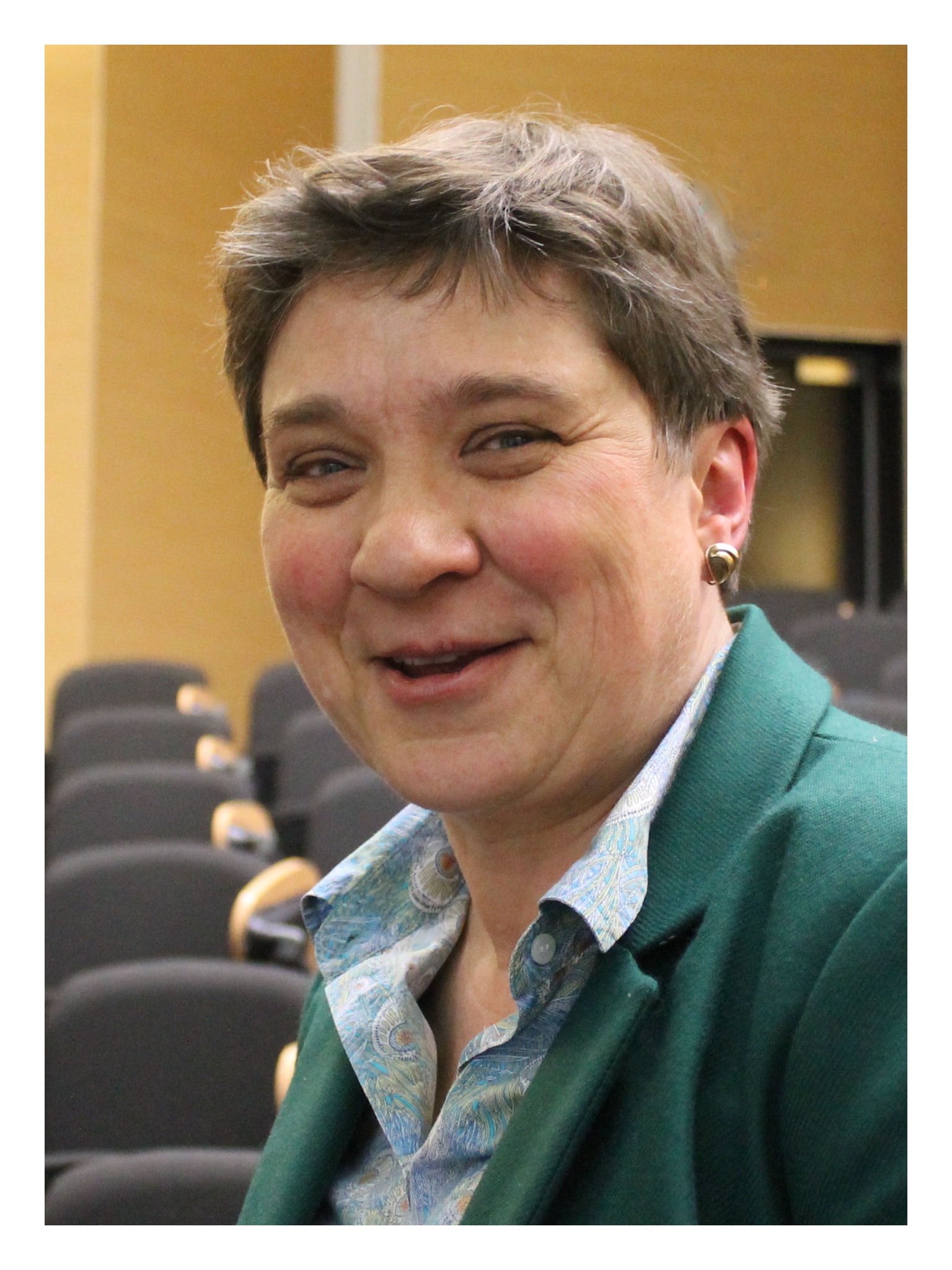 What is your name and what do you do?
What is your name and what do you do?
My name is Mary Myerscough. I am an Associate Professor at the University of Sydney in the School of Mathematics and Statistics. I am an applied mathematician, working on the interface of mathematics and biology.
Why do you do mathematics?
I started in mathematics because I enjoyed doing it but I continued because I became fascinated by the way that something that was fundamentally abstract gave such a powerful way of looking at the world. So many scientific problems become clearer when you look at them through a mathematical eye.
What is a typical work day like for you?
I tend to be an early riser as I do my best thinking and learning in the morning. When my children needed me to be around in the morning, I would get up at 5 and do some work before the mad scramble to get out of the house. Now I tend to get out of the door quickly and get to uni early and try to focus on research or other writing until about 11 or 12, unless I am teaching in the morning. In the afternoon there is meetings with students, colleagues or committees, admin jobs such as editorial work or course coordination, working on teaching and, of course, endless emails! I usually go home about 6pm, cook dinner, chat with my family for an hour or so and off to sleep early so that I can get up early the next day.
Until last year I held my position on a part-time basis, initially because my children were young but latterly because my mother was ill. It was great to have that degree of flexibility in my employment but now I am enjoying having more unfettered time for professional work!
What keeps you in research? Have you had to overcome any barriers or problems?
I think the ongoing fascination with the interactions between mathematics and (biological) science and the scope to be creative and make an ongoing impact keeps me in research. I have been very fortunate to have a string of good graduate and honours students who were a pleasure and an inspiration to work with. I also have had good scientific collaborators who also embraced cross-disciplinary work.
Having restricted time for professional work over many years was not ideal, but becoming part-time meant that my working life was not entirely subsumed by teaching and admin, but that I was still able to carry out research. Even so, there was a long period when I had fairly substantial family commitments and also health problems and I just felt stuck. But these resolved themselves a few years ago and I really feel that I am working well again now.
Do you have any advice for others who are starting a mathematical career?
Be strategic and savvy and don't be timid. Recognise and seize opportunities when they come your way. Give things a go--you don't need to be certain of success to put your hat in the ring. You won't always succeed but you will certainly learn.
Also, talk to people. Don't be afraid of asking questions, of asking for opportunities and advice and of finding out about the world.
Natalie Thamwattana (Michell Medallist)
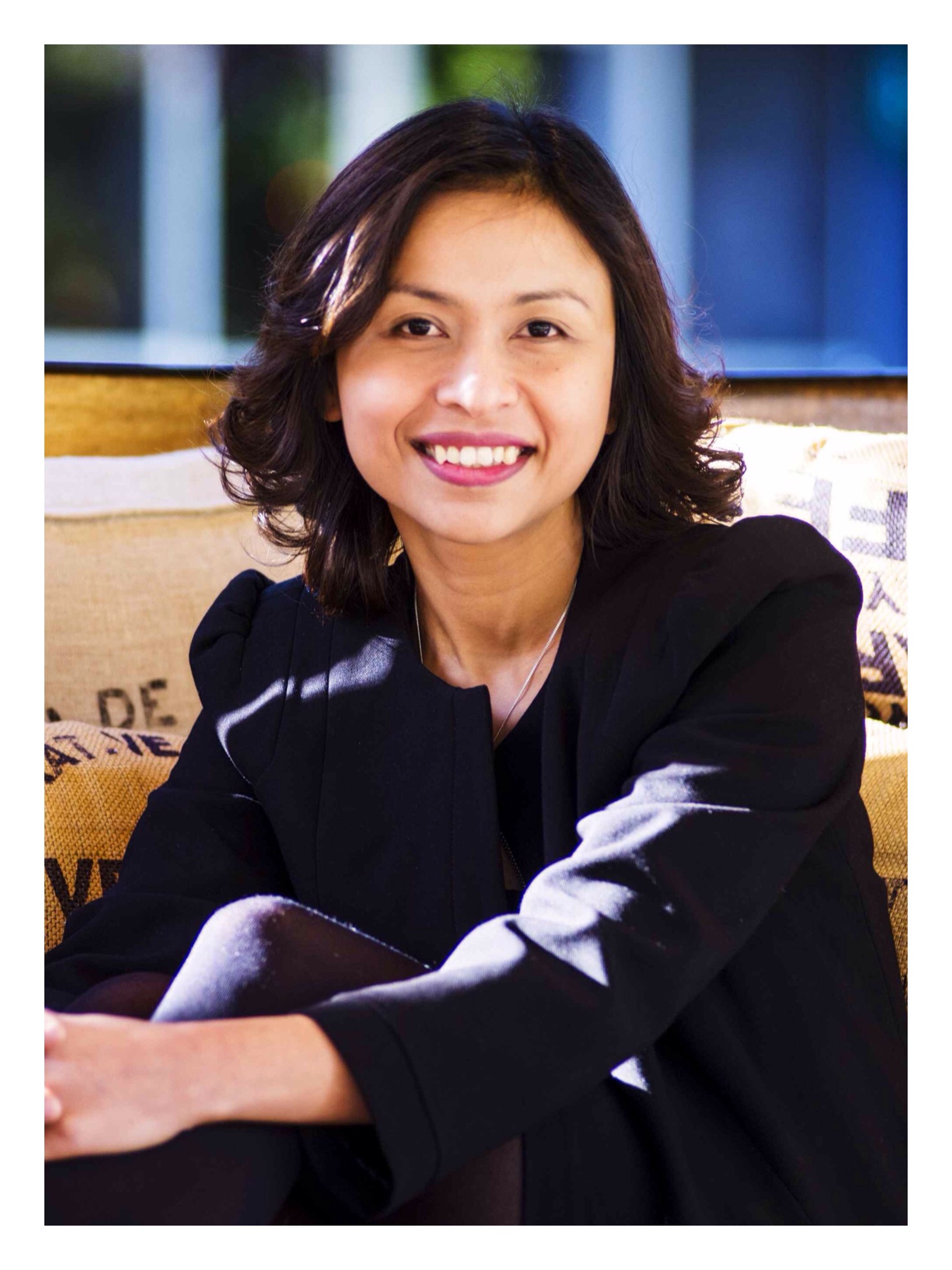 What is your name and what do you do?
What is your name and what do you do?
My name is Ngamta Thamwattana (Natalie). I have recently been promoted to Associate Professor in the School of Mathematics and Applied Statistics, University of Wollongong.
Why do you do mathematics?
I became interested in mathematics in Year 11 because of my teacher. She made maths relevant, fun and interesting and that's what I try to do when I teach, especially the 1st-year maths subjects.
What is a typical work day like for you?
My day always starts with a cup of coffee, then I will do other things, such as answer emails, talk to students, prepare lecture materials, go to classes, work on my papers, write grant applications, attend to admin roles, read papers, talk to collaborators, etc. This has changed between the different stages of my career, where in early career, I would do a lot more research than now.
What keeps you in research? Have you had to overcome any barriers or problems?
Personal satisfaction is what keeps me in research: having publications, being cited, students completions, great teaching feedback, obtaining grants, etc.
When I come across any barriers or problems, I always tell myself to "suck it up!", keep on working at it, there is always light at the end of the tunnel. However, I also tell myself that if I don't see the light and I have been in the tunnel for too long now, it is OK to seek help!
Do you have any advice for others who are starting a mathematical career?
If you can, seek mentor early in the career and always publish while maintaining high standard in teaching.


